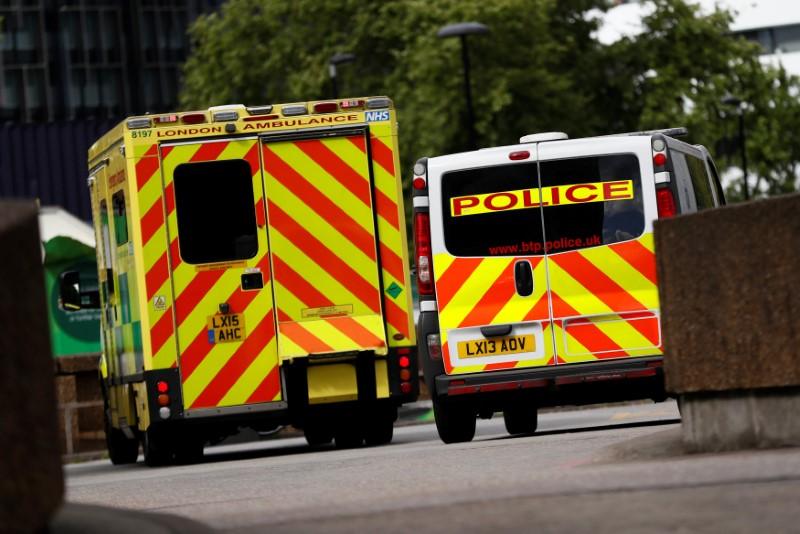The baby boy who was delivered by paramedics from his mother after she was stabbed to death in her London home over the weekend has died.
London’s Metropolitan Police confirmed in a statement that baby Riley had died in the hours of July 3, almost exactly four days after his mother, Kelly Fauvrelle, 26, was attacked by an unidentified assailant her south London home.





